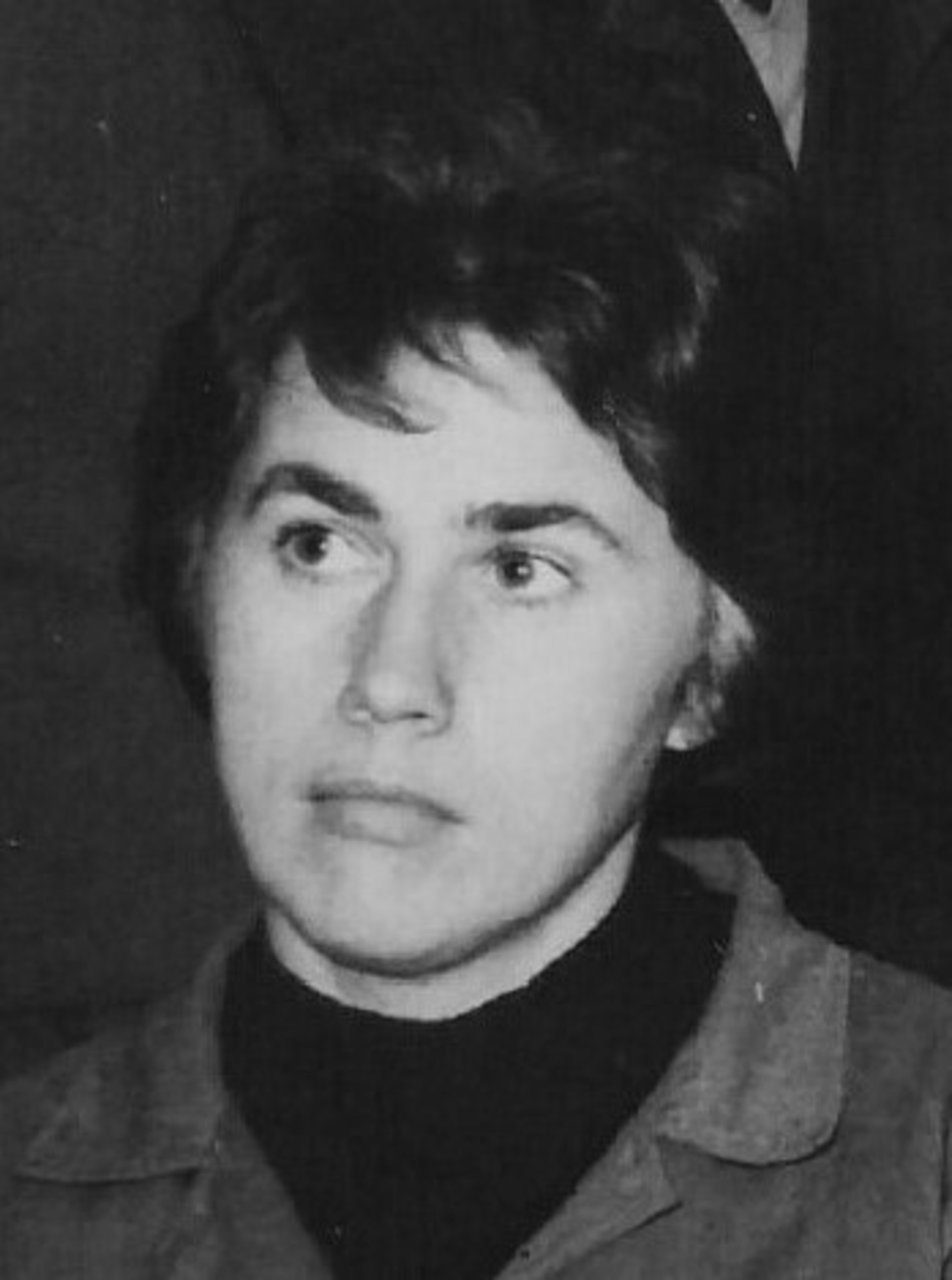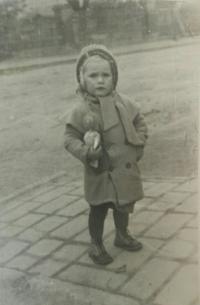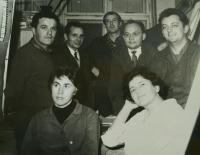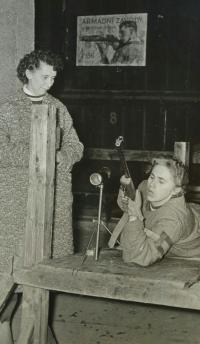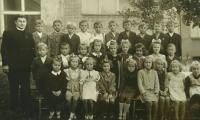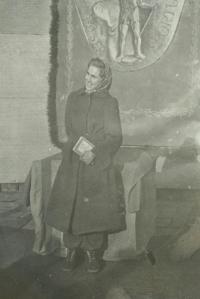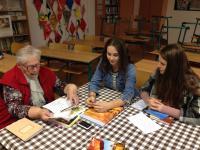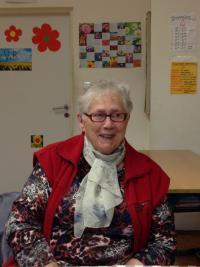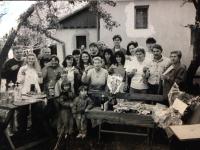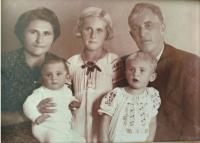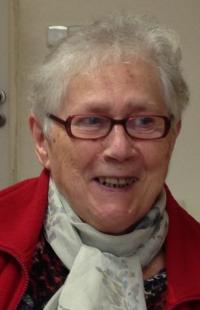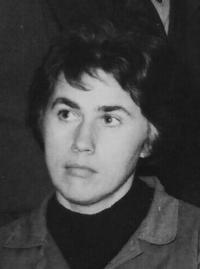I don’t belong here any more, I still live in the way things used to be
Marie Vaňková was born on 23 December 1938 in Prague, and when she was small her family often moved. Her father worked at Pařík, a factory that produced spare parts for motorcycles. She remembers the end of the war, the liberation by the Red Army, and how the women and girls hid from the soldiers - like her cousin and aunt, who hid in the pigeon loft. Her father introduced her to shooting sports, and she even competed at the national championships. She graduated from a secondary technical school and was employed at the Škoda Works, where she worked her whole life. She married in 1959. She was strongly affected by the invasion of the Warsaw Pact armies in August 1968, which she - as many other people - felt as a tragedy.
